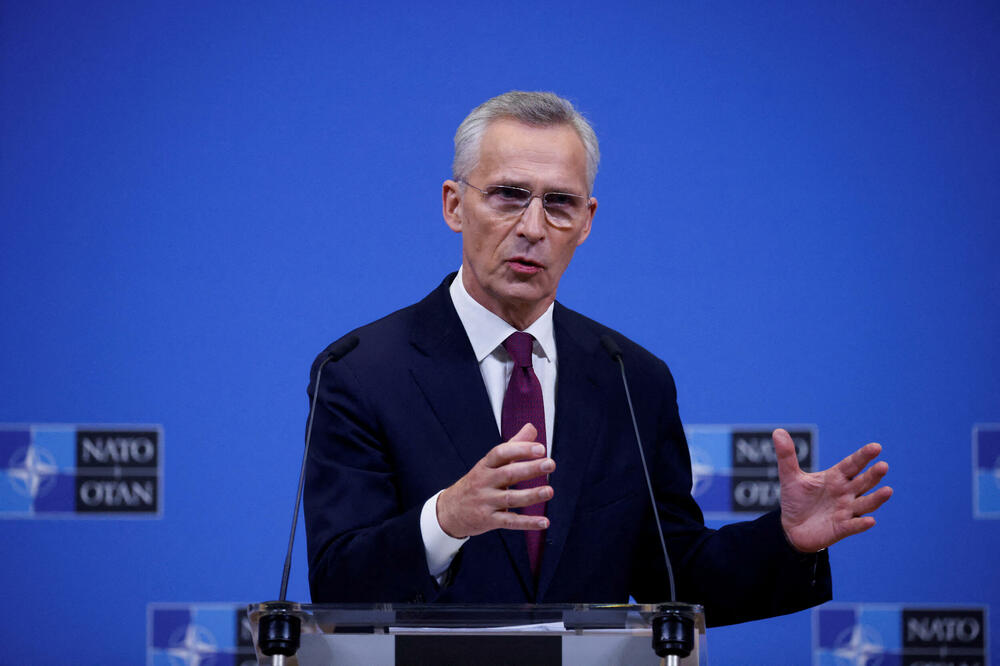NATO Secretary General Jens Stoltenberg said today that "it is not too late for Ukraine to win" the war against Russia, provided the West keeps its promise and sends more weapons to it.
"In recent months, NATO allies have not provided the support they promised," Stoltenberg said in a speech at the award ceremony for transatlantic ties in Berlin.
"But it's not too late for Ukraine to win, because stronger support is on the way. Now it's our responsibility to turn the commitments into actual delivery of weapons and ammunition, and to do it quickly," he added.
Last Friday, Ukrainian President Volodymyr Zelensky called on NATO to deliver weapons as quickly as possible to Ukraine, which cannot wait any longer due to Russian pressure. Allies promised to increase support.
Ukraine is suffering defeats on the battlefield as allies have been unable to keep their aid promises while a bill to increase US aid has been blocked in Congress for months by political wrangling.
Stoltenberg welcomed the US Congress' approval of a major US military aid plan for Ukraine of more than $60 billion, and pledges from other countries, including Great Britain, Germany and the Netherlands.
The NATO Secretary General also accused China of supporting Russia's war economy by sharing modern technology that can be used to produce missiles, tanks and aircraft.
"China claims that it wants to maintain good relations with the West. At the same time, Beijing continues to fuel the biggest armed conflict in Europe since World War II," Stoltenberg said.
The Secretary General of NATO is in Berlin to present the Eric Warburg Award, which honors people who have made a special contribution to the development of transatlantic relations.
Bonus video:




